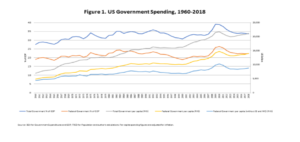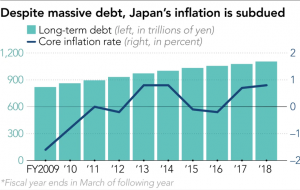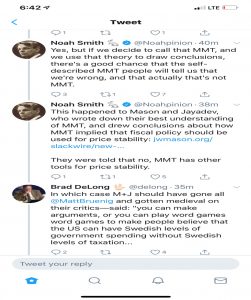L. Randall Wray | November 10, 2021
If the global financial crisis (GFC) of the mid-to-late 2000s and the COVID crisis of the past couple of years have taught us anything, it is that Uncle Sam cannot run out of money. During the GFC, the Federal Reserve lent and spent over $29 trillion to bail out the world’s financial system,[1] and then trillions more in various rounds of “unconventional” monetary policy known as quantitative easing.[2] During the COVID crisis, the Treasury has (so far) cut checks totaling approximately $5 trillion, often dubbed stimulus. Since the Fed is the Treasury’s bank, all of these payments ran through it—with the Fed clearing the checks by crediting private bank reserves.[3] As former Chairman Ben Bernanke explained to Congress, the Fed
Read More »




